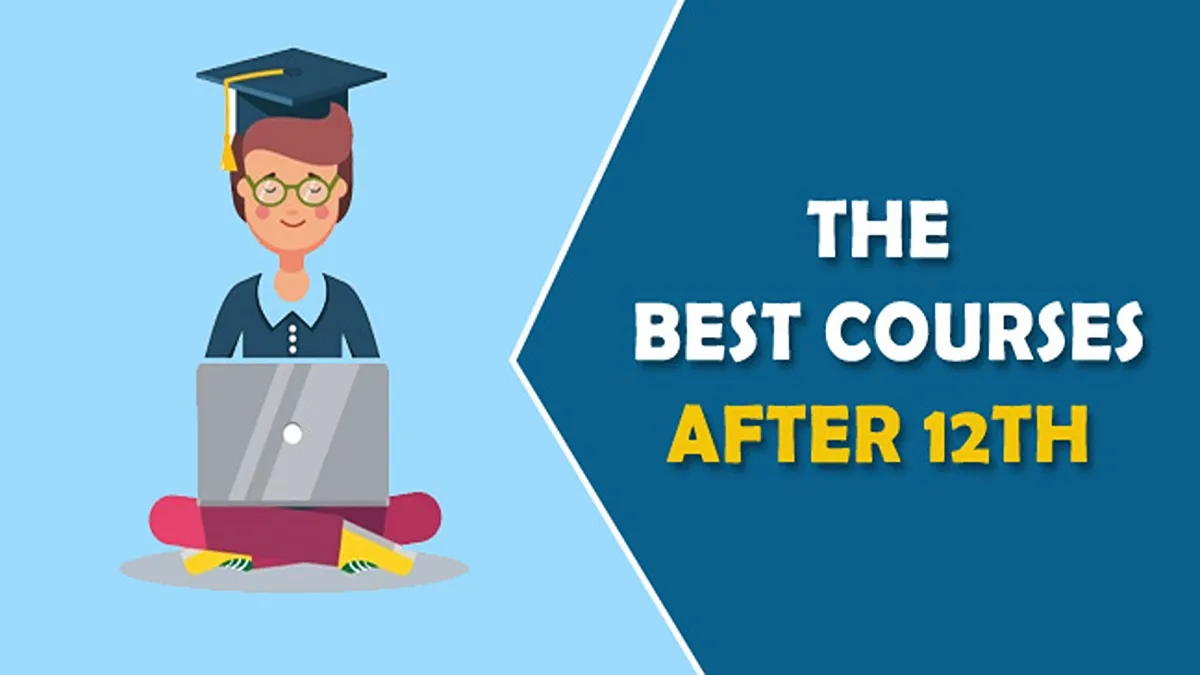Navigating Success: Choosing the Best Courses for 12th Pass-Out Students
The transition from high school to college is a critical juncture in a student’s academic journey. For 12th-pass-out students, this phase holds the promise of specialization, personal growth, and eventual career success. However, with the multitude of courses available, selecting the best course can be a daunting task. In this article, we delve into the considerations that will guide 12th-pass-out students towards the best course choices, ensuring a solid foundation for their future endeavors.
Assessing Interests and Passions
The initial phase of selecting the appropriate course involves introspecting about personal interests and enthusiasms. Pupils ought to delve into the subjects that have sparked their curiosity previously and contemplate the way they envisage their forthcoming journey. Whether it’s a love for mathematics, a fascination with literature, or an inclination toward technology, aligning the course with one’s passions ensures that learning remains engaging and fulfilling.

Researching Available Options
The educational landscape is diverse, with numerous options ranging from traditional degrees to specialized diplomas and vocational courses. Prospective students should conduct thorough research on the courses available in their chosen field, considering factors such as curriculum, faculty reputation, and available resources. Open houses, career fairs, and online platforms can provide valuable insights into the course offerings.
Future Prospects and Industry Demand
While pursuing one’s passions is essential, it’s also crucial to consider the future prospects and industry demand associated with a chosen course. Students should seek courses that align with emerging job trends and sectors experiencing growth. Staying informed about the job market ensures that the course of choice translates into viable career opportunities post-graduation.
Recognizing Personal Strengths
Each student possesses unique strengths and talents. Choosing a course that capitalizes on these strengths can greatly enhance the learning experience and overall success. For example, a student with excellent communication skills might excel in fields like journalism, public relations, or marketing. Identifying personal strengths allows students to thrive academically and professionally.

Evaluating Long-Term Goals
Beyond immediate career prospects, students should consider their long-term goals. Some courses may serve as stepping stones toward higher education, such as postgraduate degrees or research-oriented programs. Others might lead directly to the workforce. Aligning the course choice with long-term aspirations helps ensure a smooth trajectory toward the desired destination.
Flexibility and Interdisciplinary Opportunities
In an ever-changing landscape, the ability to adjust holds paramount importance. Embracing courses that provide versatile structures and a blend of diverse fields can unlock a myriad of new avenues.. For instance, a combination of computer science and business studies can create avenues in fields like data analytics, fintech, and entrepreneurship.
Financial Considerations
The evaluation of the chosen academic path’s financial viability, encompassing tuition costs, cost of living, and possible scholarships, holds substantial importance in the decision-making journey due to the prominent role of educational expenses.
Conclusion
Selecting the best course after 12th grade is a decision that sets the tone for a student’s academic and professional journey. By considering their passions, researching options, assessing future prospects, and aligning with personal strengths, students can embark on a path that ensures both personal fulfillment and career success.
Read More:- Top 5 Best Computer Courses for Students in India
Read More:- Government Schemes Nurturing The Dreams Of Underprivileged Students In India



